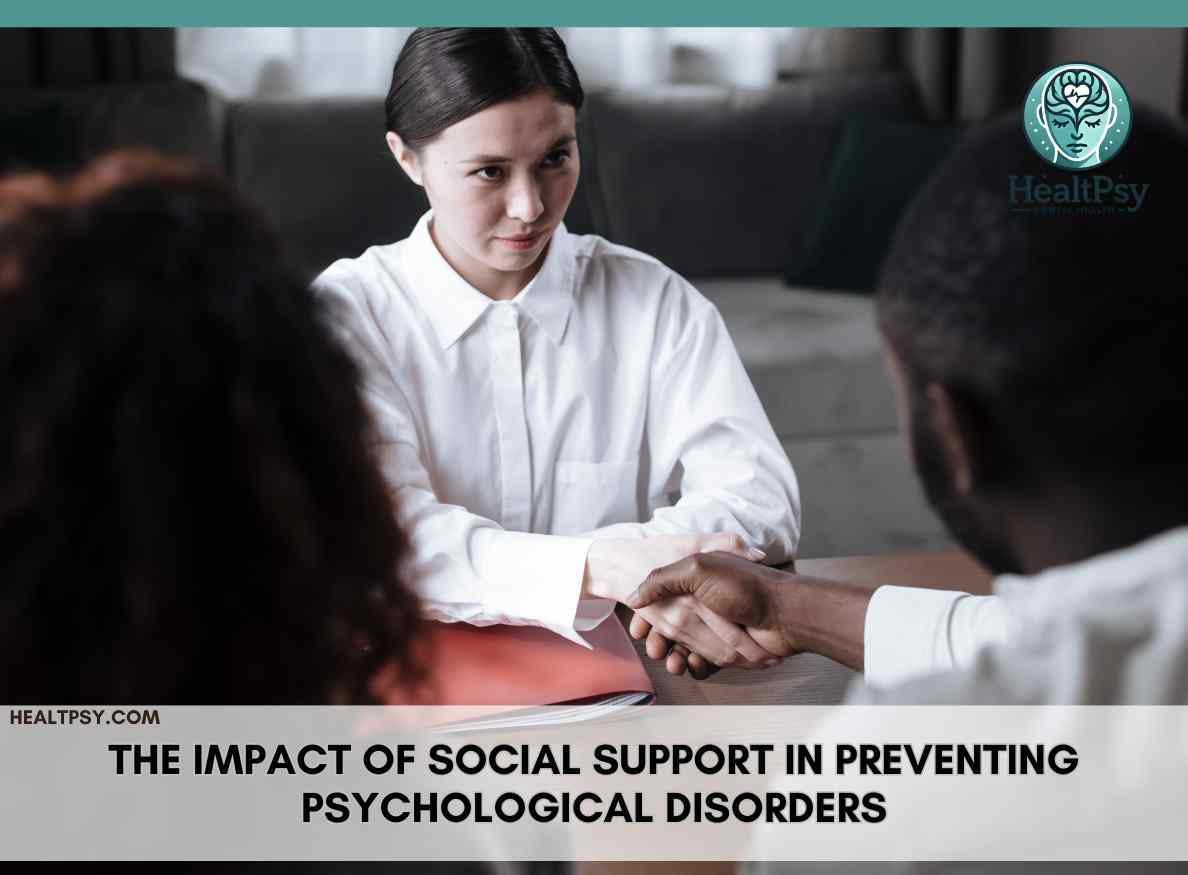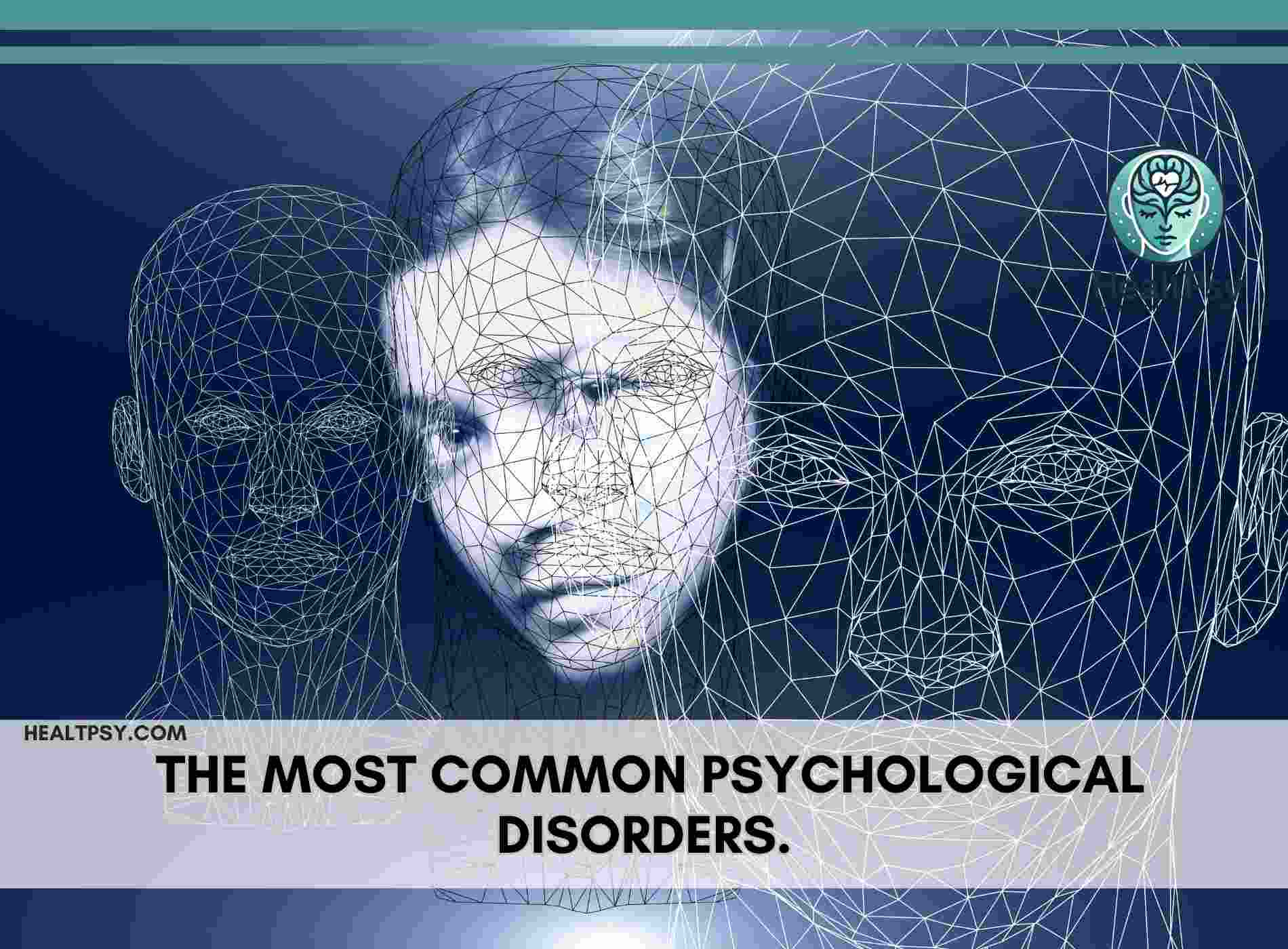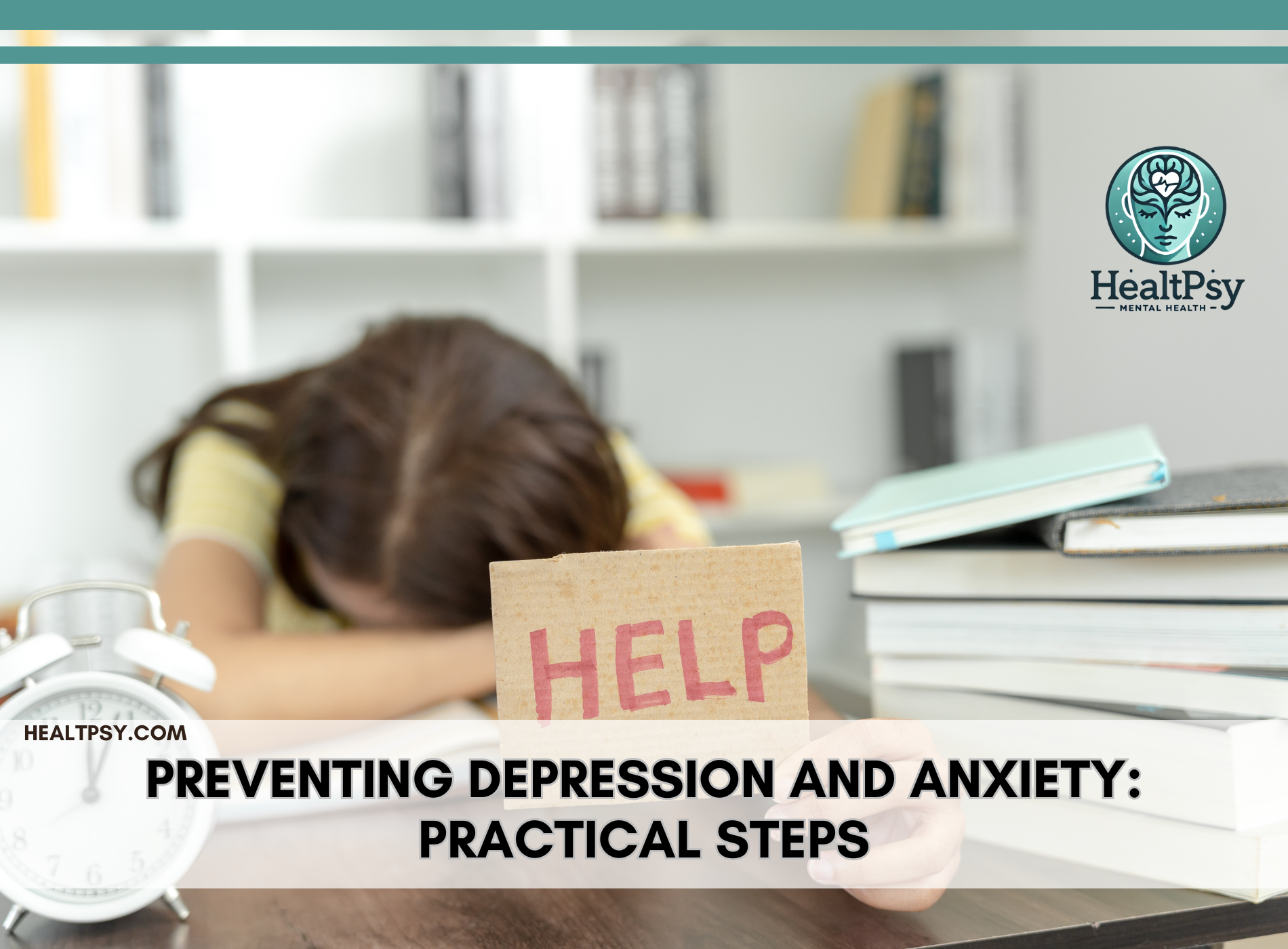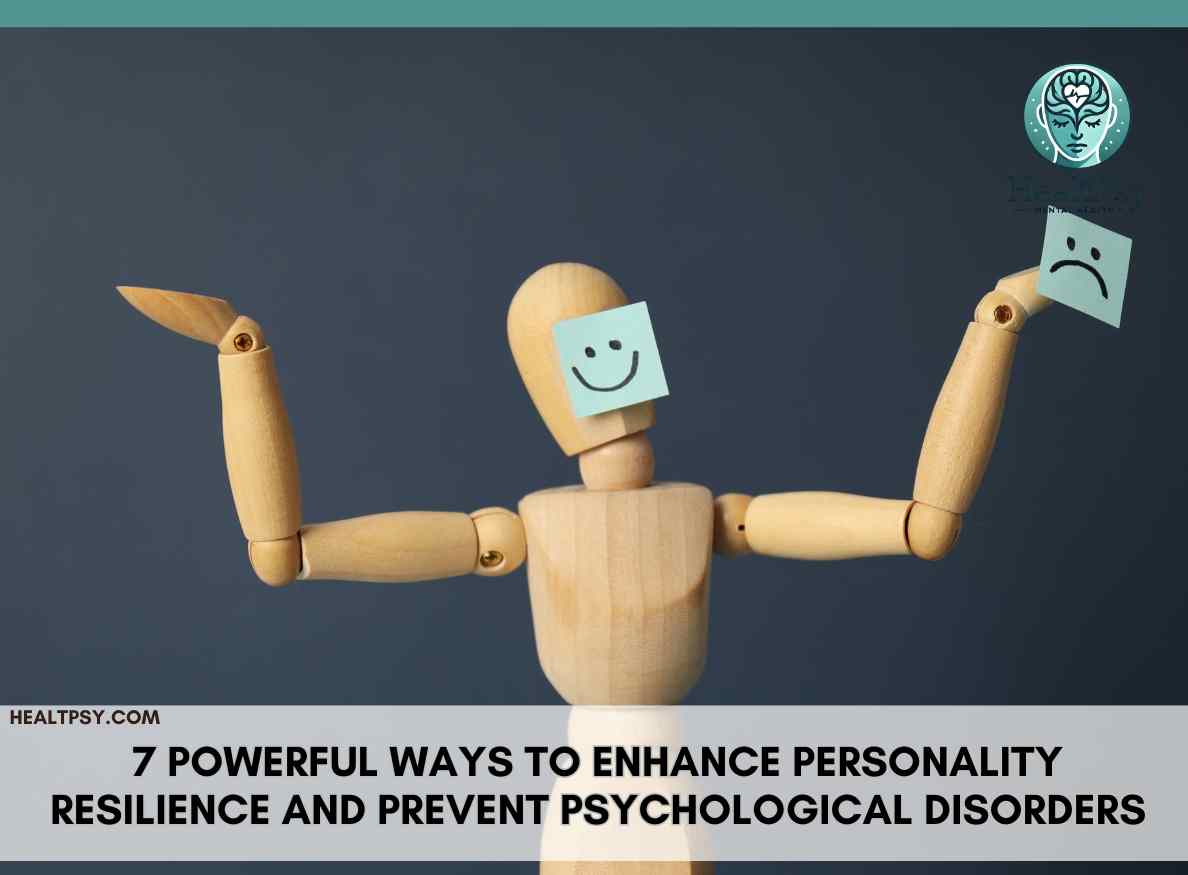1The Impact of Social Support in Preventing Psychological
Introduction
Social support plays a crucial role in mental health and psychological resilience. Research has shown that individuals with strong social support are less likely to develop anxiety, depression, and other mental health disorders. Whether from family, friends, or professional networks, social support serves as a protective factor that helps individuals navigate stress, cope with emotional distress, and maintain psychological well-being. This article explores the science behind S.support, its impact on preventing psychological disorders, and strategies to enhance social support for better mental health.
For more insights, visit our section on Psychological Support and Therapy.
The Science Behind Social Support and Mental Health
Social support is defined as the emotional, informational, and practical assistance received from others. The American Psychological Association (APA) highlights that people with strong social support are more resilient to stress and less likely to develop mental health conditions.
1. Biological Mechanisms of Social Support
Studies from Harvard Medical School and the National Institute of Mental Health (NIMH) show that social support influences mental health through:
- Reduction in cortisol levels, lowering stress and anxiety.
- Activation of the brain’s reward system, enhancing emotional well-being.
- Strengthening of the immune system, reducing the physical toll of chronic stress.
For further reading, check out the National Institute of Mental Health (DoFollow).
2. Psychological Benefits of Strong Social Support
Individuals with strong S.support experience:
- Lower risk of depression and anxiety.
- Greater emotional regulation and stress management.
- Improved self-esteem and resilience to adversity.
How Social Support Helps Prevent Psychological Disorders
1. Emotional Support as a Buffer Against Stress
Emotional support from friends, family, or mental health professionals provides:
- A sense of belonging, reducing feelings of loneliness.
- Validation of emotions, helping individuals cope with stress more effectively.
- Encouragement and motivation, fostering a positive mindset.
2. Social Support and Coping Mechanisms
People with strong S.support develop:
- Healthier coping strategies, reducing the likelihood of developing maladaptive behaviors.
- Greater problem-solving skills, enhancing their ability to manage life challenges.
- More effective stress relief, lowering the risk of mental health disorders.
3. The Role of Community and Group Therapy
Participation in support groups and community networks has been shown to:
- Enhance a sense of purpose and shared experiences.
- Reduce stigma associated with mental health conditions.
- Provide structured support, improving overall psychological resilience.
For more insights on community-based support, explore The Importance of Group Therapy in Treating Psychological Disorders.
Strategies to Enhance Social Support for Mental Well-being
1. Strengthening Personal Relationships
Building and maintaining strong relationships can be achieved by:
- Practicing active listening to foster deeper connections.
- Spending quality time with loved ones to reinforce bonds.
- Expressing gratitude and appreciation, strengthening emotional ties.
2. Seeking Professional Support
Therapists, counselors, and mental health professionals provide:
- Guidance on managing emotional distress.
- Evidence-based strategies to improve coping mechanisms.
- Support in addressing mental health concerns early on.
For professional resources, visit Psychology Today (DoFollow).
3. Engaging in Social Activities
Participating in community events, volunteering, and peer support groups:
- Expands S.support, creating a stronger sense of belonging.
- Enhances self-confidence, reducing isolation.
- Encourages healthy social interactions, promoting emotional stability.
For volunteer opportunities, check out VolunteerMatch (DoFollow).
The Role of Digital Communities in Social Support
While in-person connections are essential, digital communities also play a significant role in modern S.support networks. Online platforms and mental health forums provide:
- Access to peer support for those who may struggle with in-person interactions.
- Anonymity and privacy, making it easier to seek help.
- 24/7 availability, ensuring support is accessible at any time.
For digital mental health resources, explore Mental Health America (DoFollow).
Conclusion
Social support is a critical factor in preventing psychological disorders and promoting mental well-being. By fostering strong S.support, engaging in support groups, and leveraging digital communities, individuals can build resilience against mental health challenges. Investing in social support not only improves emotional well-being but also serves as a preventative measure against stress, anxiety, and depression.
For more mental health insights, visit our section on Prevention of Psychological Disorders.
you might also like





